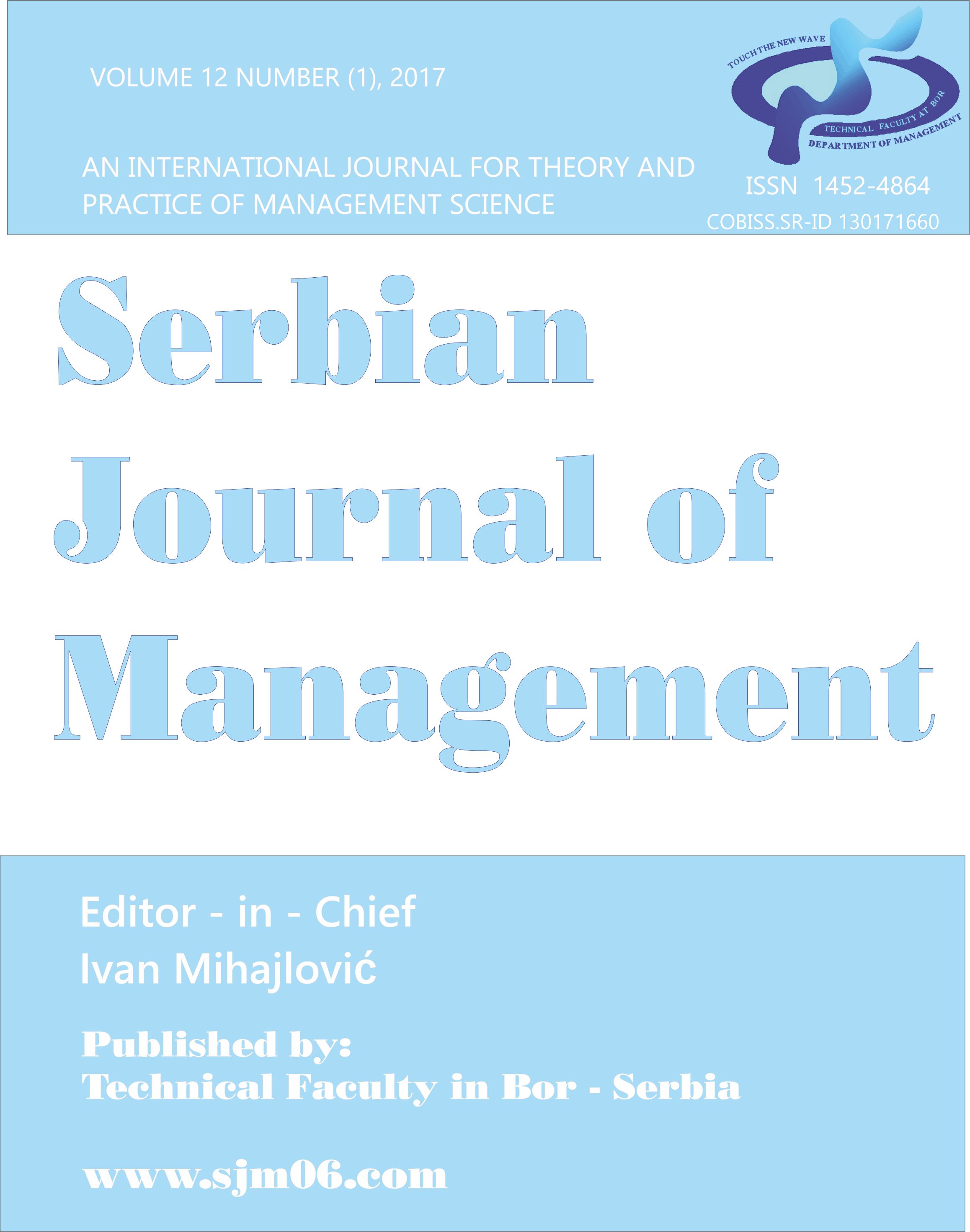Migration management – the cases of Germany and Hungary
Abstract
The authors of the paper deal with immigration policies, migration management, migration management policy via case study based on the example of two purposefully chosen countries which have diametrically opposite immigration policies. The aim is to see up to which extent and whether these countries are interested into integrating immigrants into their social, legal, political and cultural space, through their institutional capacities, by the means of comparative analysis of German and Hungarian immigration policies, their social, demographic and economic structure, and their cultural and security policies. By defining concepts of migration, immigration, integration, immigration policy, migration management, immigration border management, the authors precisely pinpoint the differences, and the causes of those differences, in the policies towards migrants in these two countries.
References
Bigo, D., Guild, E. (2005). Controlling Frontiers: Free Movement into and within Europe. London: Ashgate.
Bayer, L. (2016). Hungary’s ‘Zero refugee’ strategy. Politico. Bruselles.
Bendel, P. (2014). Coordinating immigrant integration in Germany. Mainstreaming at the federal and local levels. Migration Policy Institute.
Bjerre, L., Helbling, M., Römer, F. (2015). Conceptualizing and Measuring Immigration Policies: A Comparative Perspective. International migration Review, 49 (3). 555-600.
Carrera S., (2007). The EU Border Management Strategy FRONTEX and the Challenges of Irregular Immigration in the Canary Islands. CEPS Working Document No. 261. Available from: https://www.cidob.org/ca/content/download/26415/320701/file/Border+Management+Strategy+by+Carrera.pdf
Craig G., (2015). Migration and integration, a local and experiential perspective. Institute for Research into Superdiversity. Edgbaston : Birmingham UK.
Crisp, J. (2003). A new asylum paradigm? Globalization, Migration and the Uncertain Future of the International Refugee Regime. Geneva: UNHCR. New Issues in Refugee Research. Working Paper No. 100.
Fauser M. (2006). Transnational Migration – A National Security Risk? Securitization of Migration Policies in Germany, Spain and the United Kingdom. Reports and Analyses, N° 2/2006. Center for International Relations : Warszawa.
Geiger, M., & Pécoud, A. (2010). The Politics of International Migration Management. Basingstoke: New York: Palgrave Macmillan, 45-72.
Gyöngyvér, D. (2007). Integration of refugeesin Hungary -4th Training School of Challenge. Brussels: CEPS.
Hoffmann-Nowotny, H.J. (1987). Social integration and Cultural Pluralism: Structural and Cultural Problems of Immigration in European Industrial Countries. ed. William Alonso: Population in an interacting world: Harvard university Press.
Hübschmann, Z. (2015). Migrant Integration Programs: The Case of Germany. Global Migration Research Paper, N° 11/2015. Global Migration Centre.
Joki, A.L. & Wolffhardt, A. (2017). Local and central government co-ordination on the process of migrant integration: good practices from selected OSCE participating States. Policy Study. Migration Policy Group Warsaw.
Klopp, B. (2002). German Multiculturalism – Immigrant Integration and the Transformation of Citizenship. Greenwood Publishing Group.
Leise, E. (2007). Germany Strives to Integrate Immigrants with New Policies. Migration Policy Institute.
Özoğuz, A. (2017). German Commissioner for Immigration, Refugees and Integration. International Migration, 55 (6), 5-11.
Speckesser, S. (2013). The immigrant workforce in Germany: Formal and Informal barriers to addressing skills deficits. TransAtlantic Council on Migration/Migration Policy Institute.
Süssmuth, R. (2009). The Future of Migration and Integration Policy in Germany. Migration Policy Institute.
The internet sources
https://skillspanorama.cedefop.europa.eu/en/news/oecd-skills-jobs-database-2018
https://www.migrationpolicy.org/news/germany-strives-integrate-immigrant
https://www.definitions.net/definition/Immigration+policy
The Author wishes to submit the Work to SJM for publication. To enable SJM to publish the Work and to give effect to the parties’ intention set forth herein, they have agreed to cede the first right to publication and republication in the SJM Journal.
Cession
The Author hereby cedes to SJM, who accepts the cession, to the copyright in and to the paper.
The purpose of the cession is to enable SJM to publish the Work, as first publisher world-wide, and for republication in the SJM Journal, and to grant the right to others to publish the Work world-wide, for so long as such copyright subsists;
SJM shall be entitled to edit the work before publication, as it deems fit, subject to the Authors approval
The Author warrants to SJM that:
- the Author is the owner of the copyright in the Work, whether as author or as reassigned from the Author’s employee and that the Author is entitled to cede the copyright to SJM;
- the paper (or any of its part) is not submitted or accepted for publication in any other Journal;
- the Work is an original work created by the Author;
- the Author has not transferred, ceded, or assigned the copyright, or any part thereof, to any third party; or granted any third party a licence or other right to the copyright, which may affect or detract from the rights granted to SJM in terms of this agreement.
The Author hereby indemnifies the SJM as a body and its individual members, to the fullest extent permitted in law, against all or any claims which may arise consequent to the warranties set forth.
No monetary consideration shall be payable by SJM to the Author for the cession, but SJM shall clearly identify the Author as having produced the Work and ensure that due recognition is given to the Author in any publication of the Work.
Should SJM, in its sole discretion, elect not to publish the Work within 1 year after the date of this agreement, the cession shall lapse and be of no further effect. In such event the copyright shall revert to the Author and SJM shall not publish the Work, or any part thereof, without the Author’s prior written consent.

